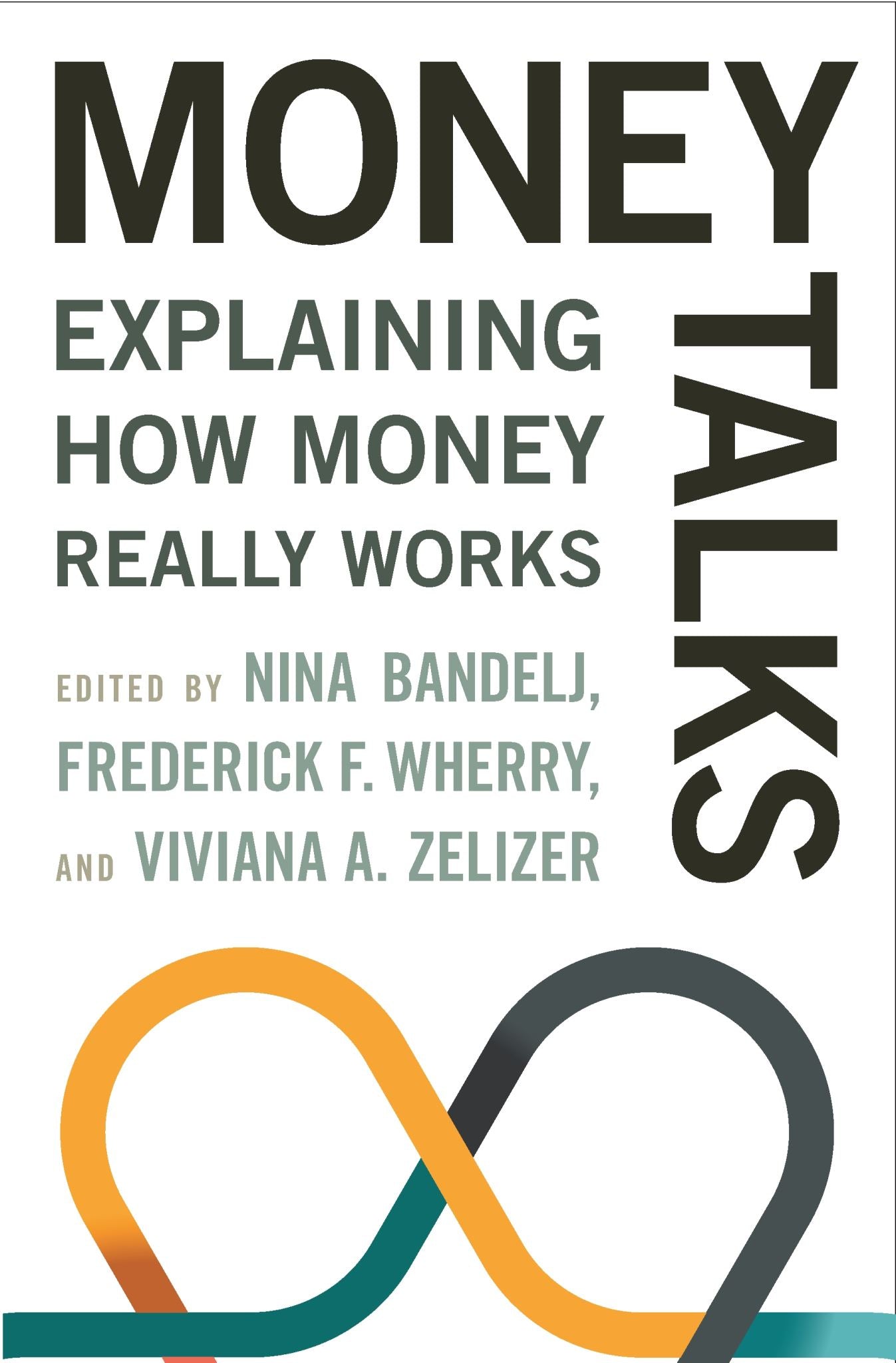Description
Discover the enlightening insights of *Money Talks*, a groundbreaking trade paperback published by Princeton University Press in 2020. This brand new book dives into the evolving world of money, exploring fascinating concepts beyond traditional financial frameworks. As households and organizations navigate a rapidly changing economy, from cryptocurrencies like Bitcoin to digital payment systems such as Apple Pay, understanding the essence of money has become essential.
*Money Talks* offers a unique collection of essays from leading international experts across various fields including sociology, economics, history, law, anthropology, political science, and philosophy. This multifaceted approach uncovers how social relationships, emotions, morals, and institutions influence our perceptions and uses of money.
Delve into five critical inquiries posed by the authors: 1) How do social dynamics and emotions shape our monetary decisions? 2) In what ways do corporations imbue financial practices with social significance? 3) What are the roots of currency in historical and political contexts? 4) When does money become a source of contention, and what ethical dilemmas arise regarding what money can or cannot purchase? 5) How do emerging twenty-first-century currencies alter social interactions?
In an era marked by rising financial inequality, *Money Talks* challenges traditional views on money, illuminating its significant social and ethical implications. Join the conversation about the future of money, its origins, and its transformative power in society.
*Money Talks* offers a unique collection of essays from leading international experts across various fields including sociology, economics, history, law, anthropology, political science, and philosophy. This multifaceted approach uncovers how social relationships, emotions, morals, and institutions influence our perceptions and uses of money.
Delve into five critical inquiries posed by the authors: 1) How do social dynamics and emotions shape our monetary decisions? 2) In what ways do corporations imbue financial practices with social significance? 3) What are the roots of currency in historical and political contexts? 4) When does money become a source of contention, and what ethical dilemmas arise regarding what money can or cannot purchase? 5) How do emerging twenty-first-century currencies alter social interactions?
In an era marked by rising financial inequality, *Money Talks* challenges traditional views on money, illuminating its significant social and ethical implications. Join the conversation about the future of money, its origins, and its transformative power in society.

